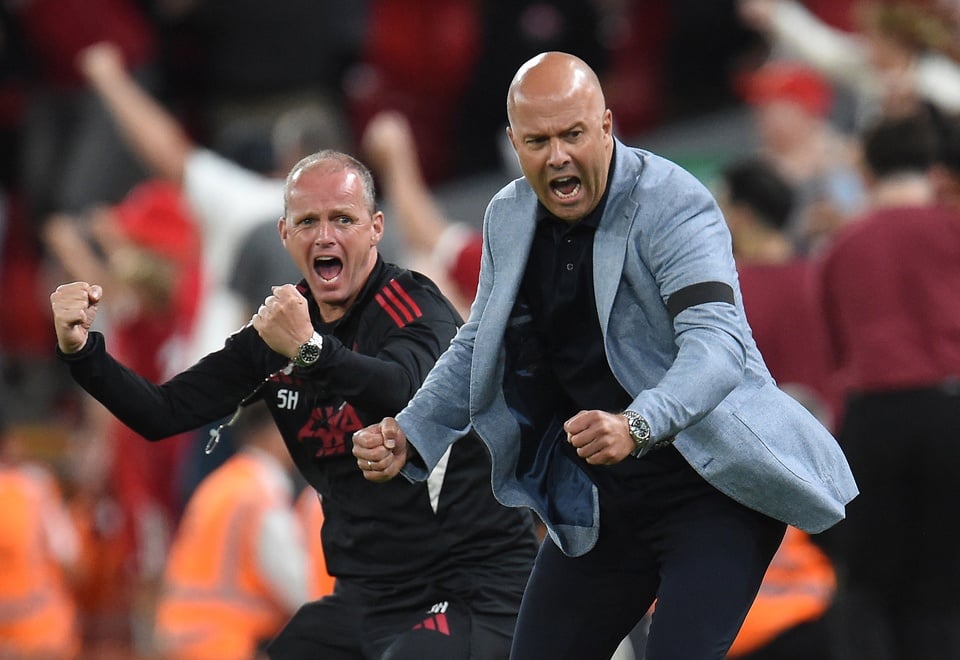 |
Liverpool have surpassed MU in many ways. |
Under the leadership of Fenway Sports Group, the Reds have written one of the most impressive revival stories of modern football.
From the abyss of 2010 to the peak of 2025
In the summer of 2010, Fenway Sports Group (FSG) - the American corporation behind the Boston Red Sox baseball team - bought Liverpool for just £300 million, when the club was on the brink of bankruptcy. At that time, Man United had just won their 19th English championship, surpassing Anfield's record of 18 times.
The gap between the two “great rivals” is not only in the number of titles. Financially, Man United is superior in every index. In the financial year 2010, their revenue reached 286.4 million pounds, nearly 100 million pounds higher than Liverpool.
Old Trafford earns £3.6m per home game, while Anfield only gets £1.5m. The old main stand, filled with memories of Hansen and Dalglish, cannot meet the standards of a big European club.
Even on the commercial front, Man United made a huge breakthrough with a huge sponsorship deal with AON, which helped boost revenue the following year by 25% to £103m. Meanwhile, Liverpool, after the turbulent reigns of George Gillett and Tom Hicks, struggled to avoid collapse. “The tables have turned,” Ryan Giggs once said proudly.
From a club mired in debt and division, Liverpool has gradually changed under the leadership of Tom Werner, John W. Henry and Mike Gordon. They have invested selectively, laying a solid foundation instead of burning money to follow trends.
At the heart of the strategy lies a smart football philosophy: data-driven recruitment, buying low and selling high, reinvesting wisely, and finding the right people to lead. The arrival of Jürgen Klopp in 2015 was the fateful piece of the puzzle.
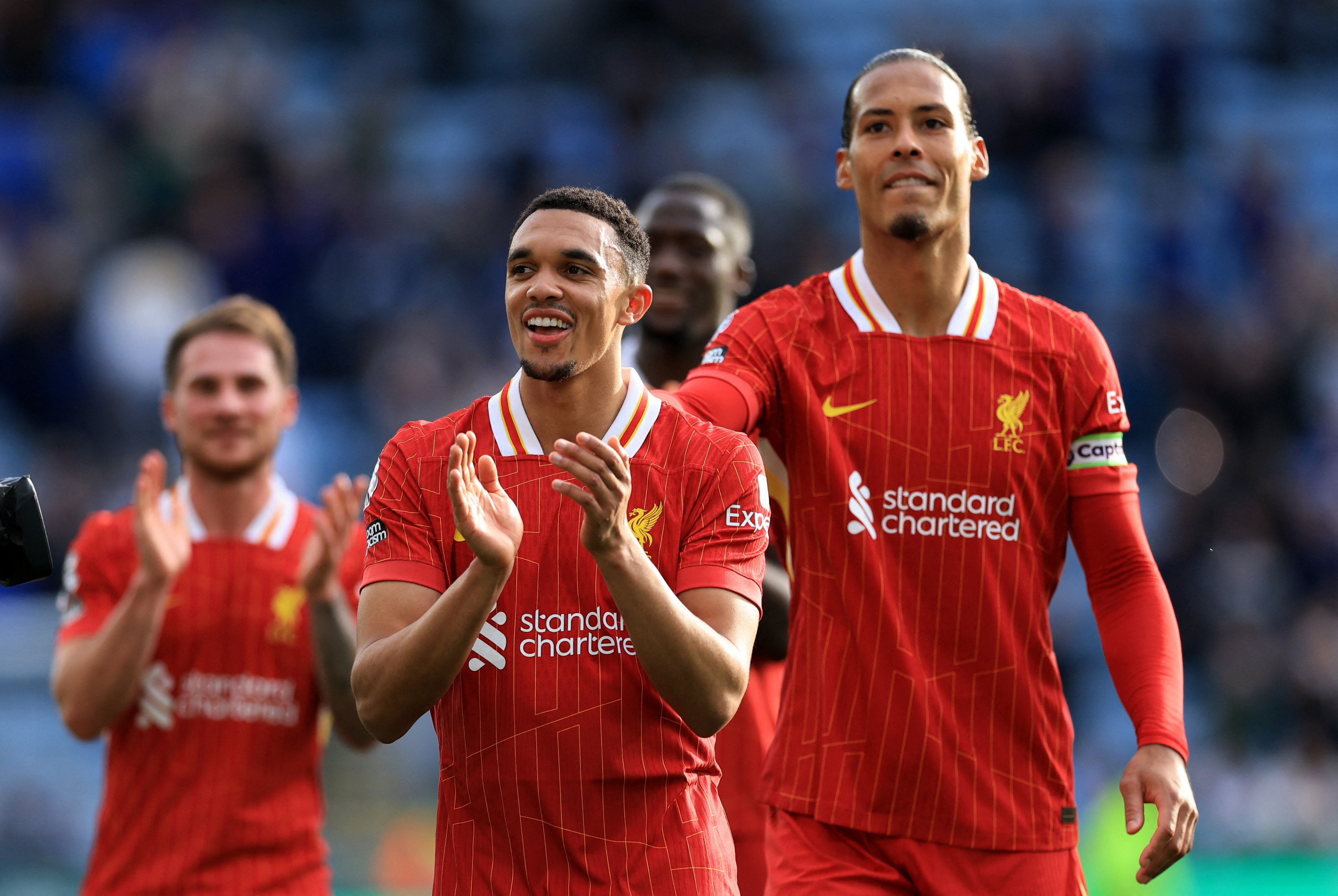 |
Liverpool are now a stable machine. |
Since then, Liverpool has not only revived on the field with Premier League and Champions League titles, but also grown into a global commercial empire.
In February, Liverpool announced commercial revenue of £308.4 million for the 2024 financial year, temporarily surpassing Man United. Although the "Red Devils" later reported £333 million for 2025, the gap is now very narrow - a feat when looking back to 2010.
The new partnership with Adidas, which starts in June this year, is considered the biggest in the club's history. If all targets are met, revenue could reach £100m a year - making Liverpool one of the most valuable football brands in the world .
This breakthrough comes from two core factors: sporting success and effective management. Klopp helps the team win, and the FSG management turns victory into money, which then turns money into the foundation for further success – a closed and sustainable cycle.
Man United is still a "money machine", but out of sync
On the other hand, Man United is still a global brand, but is struggling with its own legacy. Debt of more than £1 billion, disappointing seasons, lack of direction from the Glazers, and mass layoffs in the commercial department have caused the red ship to lose its way.
 |
MU has changed owners, but is still struggling. |
Paradoxically, despite more than a decade of mistakes, Man United still generated £666.5m in revenue – slightly more than Liverpool’s £613.8m. They are still a “money-printing machine”, but a stuck-in-gear machine: powerful, noisy, but no longer refined.
After 15 years, Liverpool are now valued at around £4 billion - more than 13 times what FSG paid for them. The question is: will they continue, or will they find a successor?
It is not easy to sell a club of this size. It took Man United more than a year to sell less than 30% of its shares. Chelsea, when it changes ownership in 2022, will also have to be divided among many investors. If Liverpool were to offer the whole price, only a few global financial powers would be able to meet it.
But what FSG is most concerned about is not money. It is finding a successor in the true spirit of Liverpool - not repeating the mistake of 2007, when the late owner David Moores sold the club to Hicks and Gillett, opening a period of dark chaos.
The day FSG entered Anfield, Man United was like the almighty “big brother”. 15 years later, the “little brother” Liverpool has not only caught up but also challenged the financial throne of English football.
And when the two teams meet at 10:30 p.m. on October 19, the question is no longer "who is stronger on the field", but who will be the symbol of the new era - the club that knows how to innovate to survive, or the club that is still sleeping on its old glory?
Source: https://znews.vn/liverpool-lat-nguoc-the-co-man-united-post1595179.html








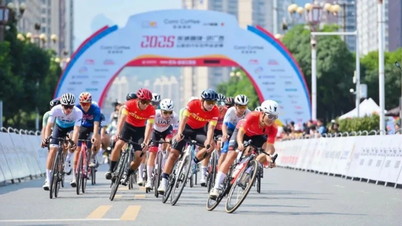

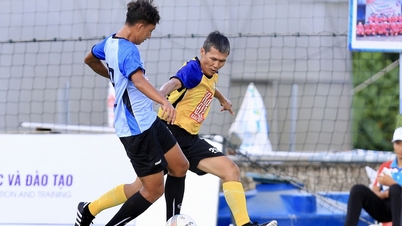

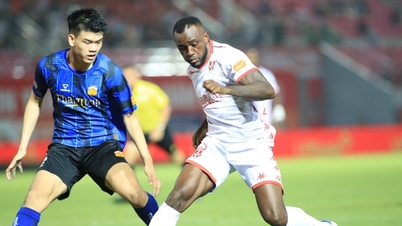

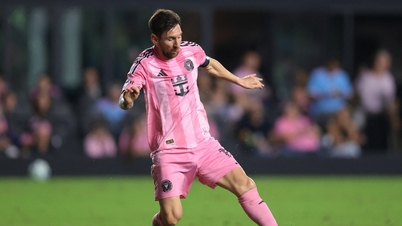

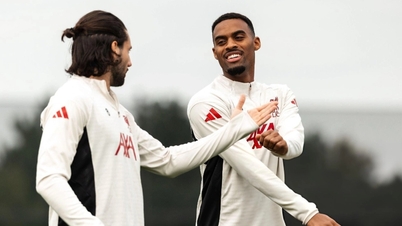







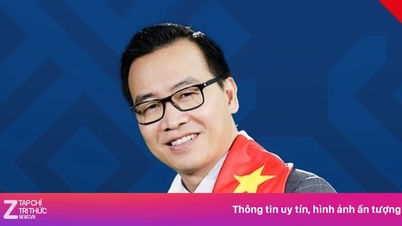

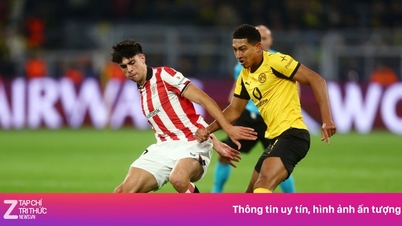




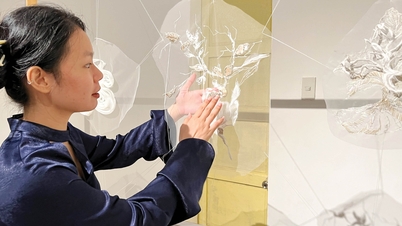

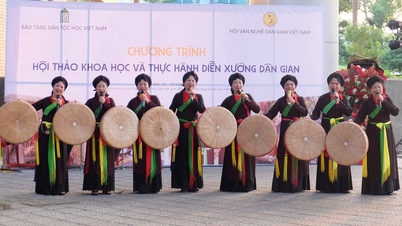



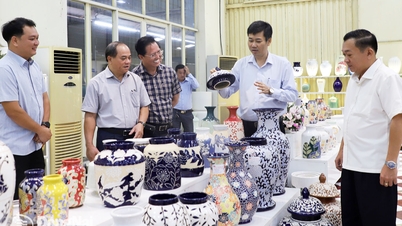
















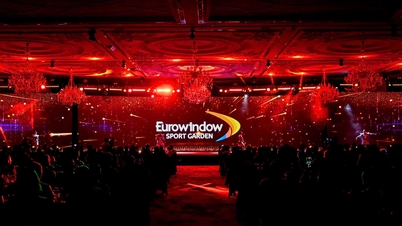










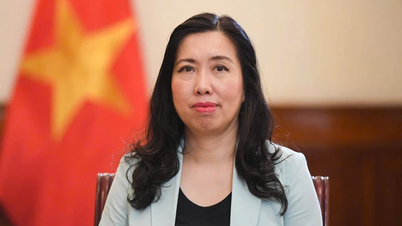
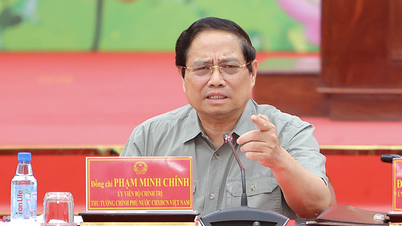



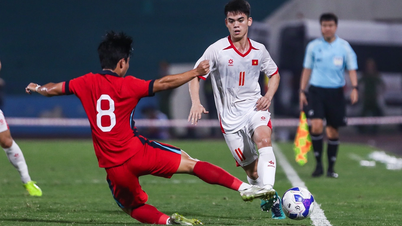
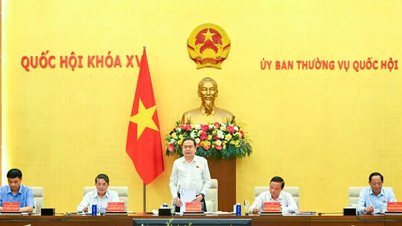


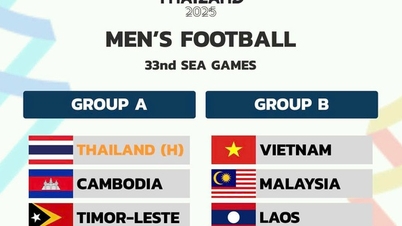

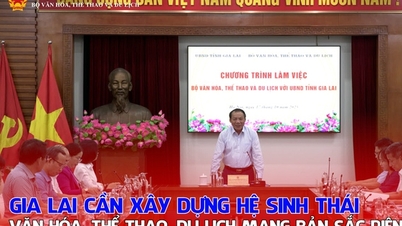





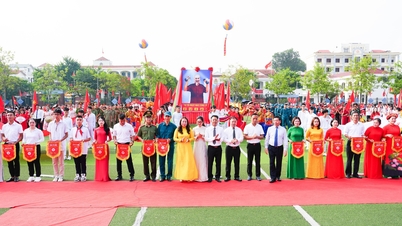
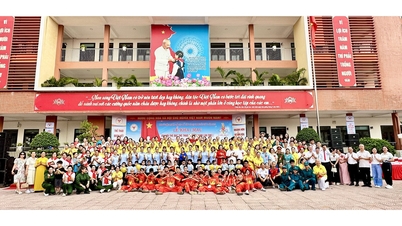
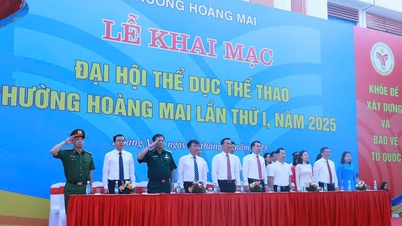
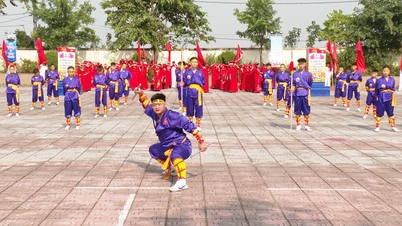













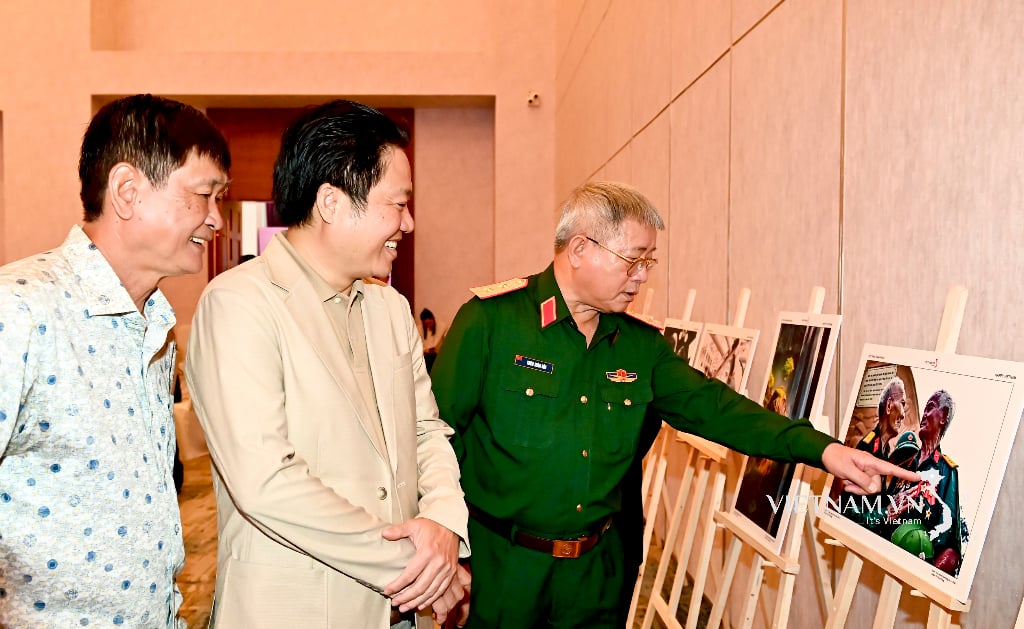

Comment (0)